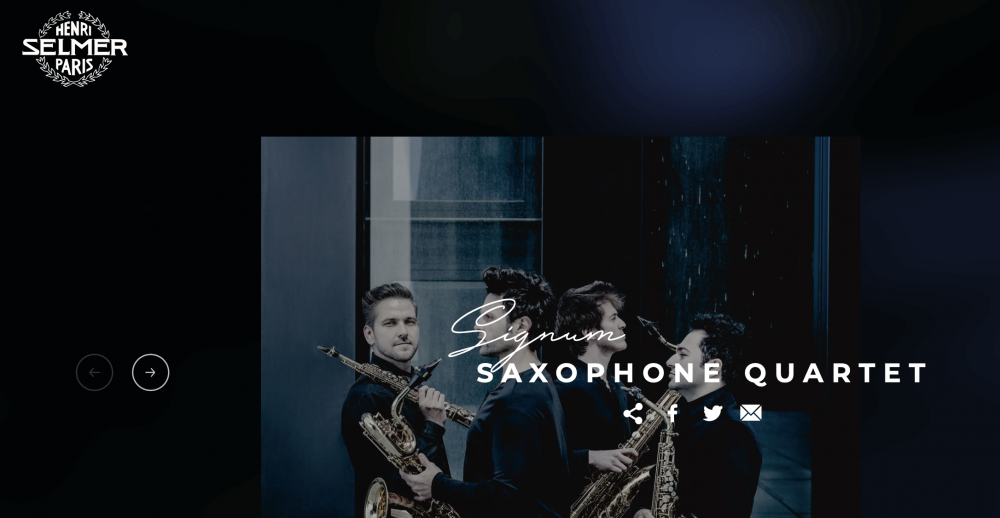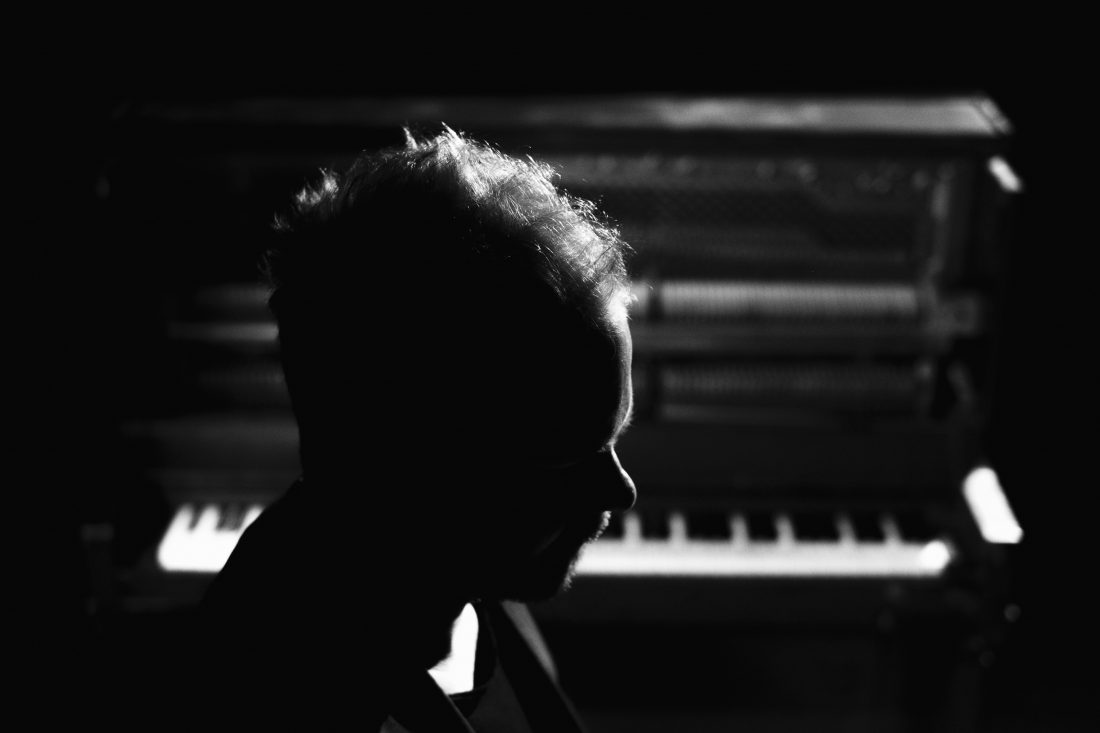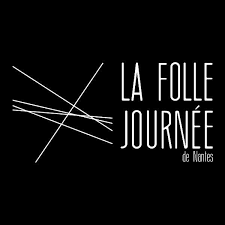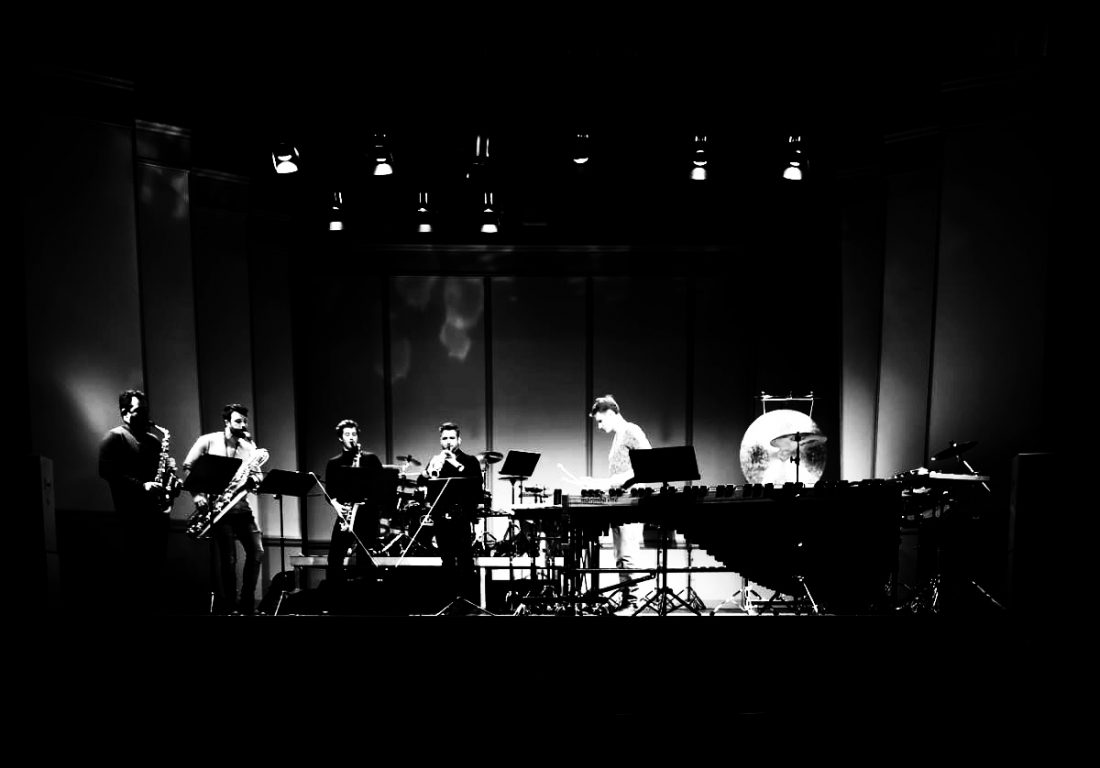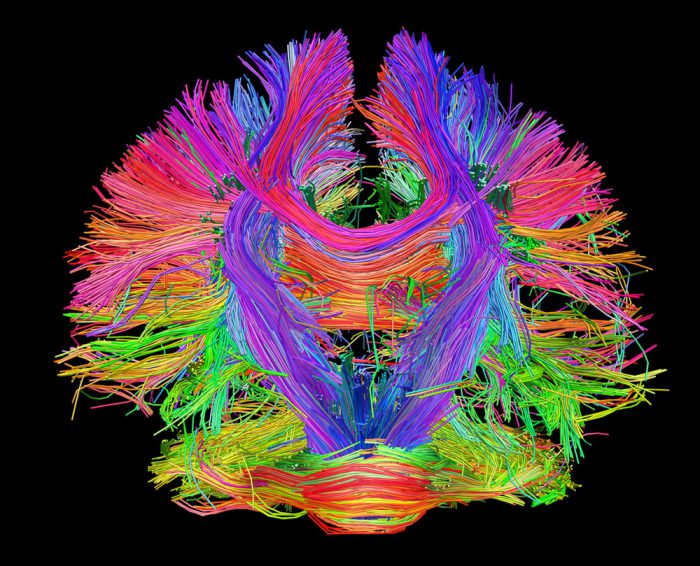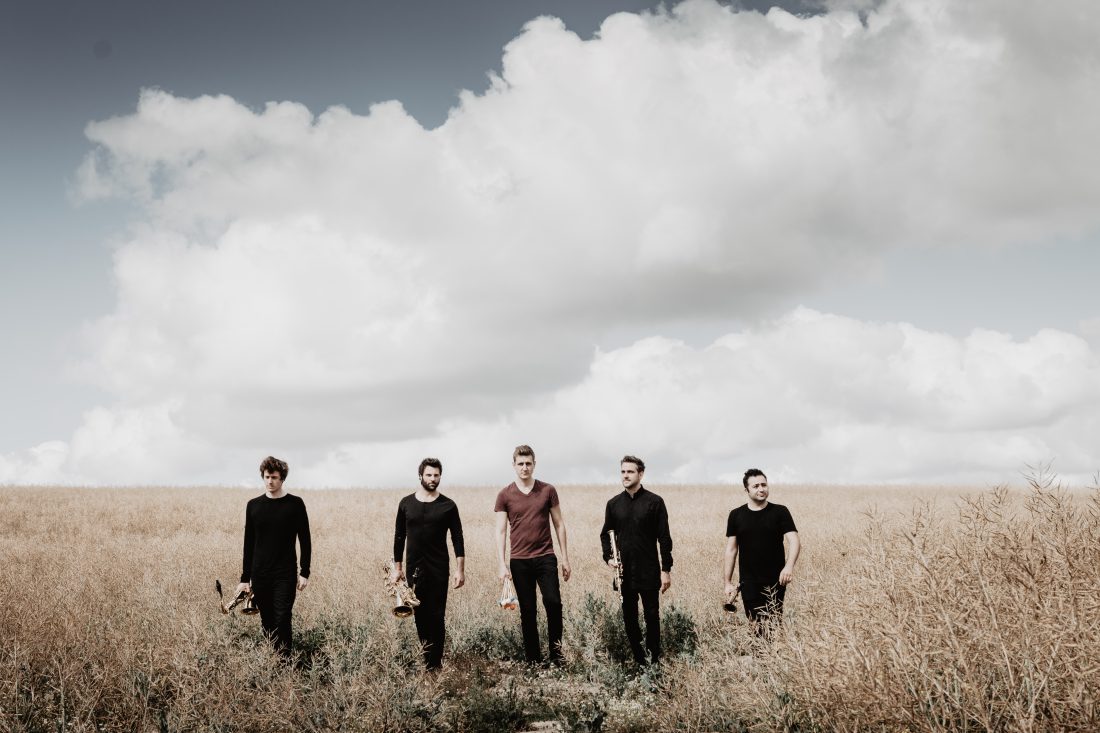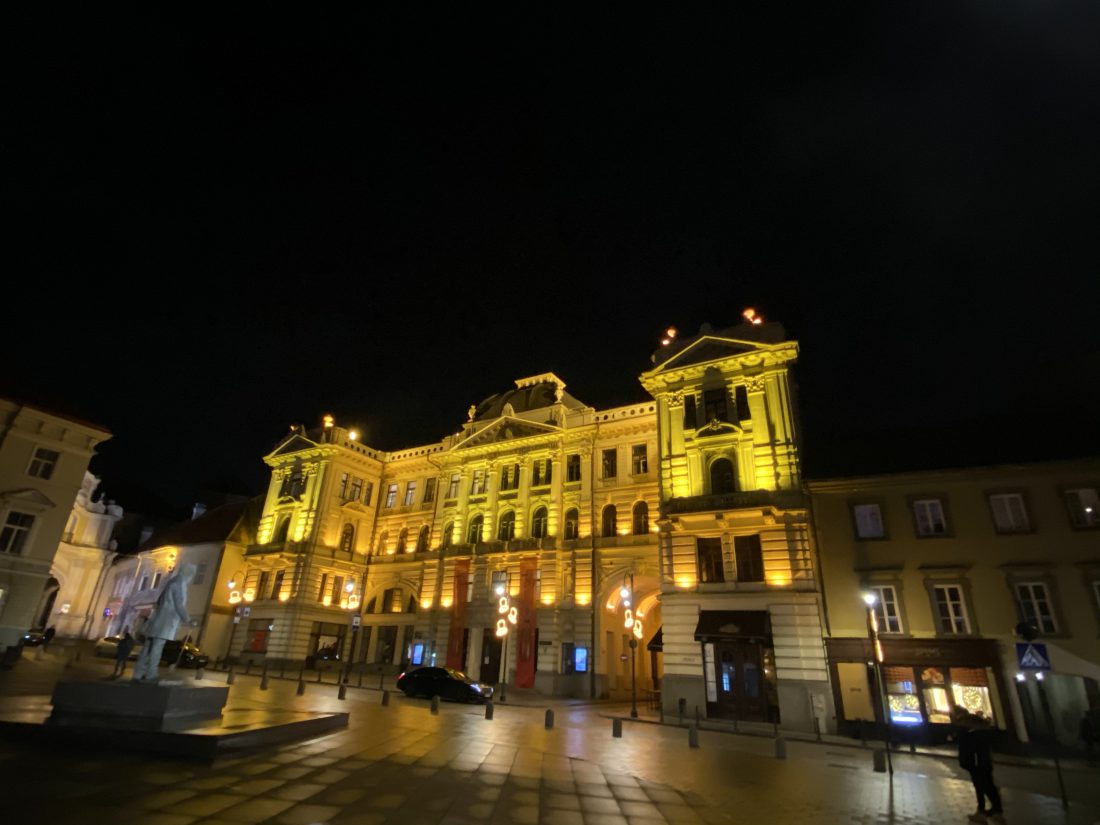REVIEWS FROM OUR LAST TOUR IN AUSTRALIA IN 2022
Signum sax foursome who love breaking through boundaries
Sydney Recital Hall (Daily Telegraph)
In its Australian debut, the sax quartet, performs a seamless program of Bach, Weill and Gershwin, showcasing an exemplary sense of balance, clarity and tone.
This acclaimed group brought to bear a seemingly endless variety of tonal colour and effects. The sense of balance, clarity and tone was exemplary.
Adelaide Town Hall (Limelight ★★★★★)
Displaying all the hallmarks of true chamber musicians, these saxophonists brought classy enthusiasm to transcriptions of a diverse repertory.
Melbourne Recital Centre (The Age ★★★★½)
Silence speaks volumes in sax triumph.
… a powerhouse performance that reveals the many colours of the sax to an awestruck audience.
Perth Concert Hall (seasaw Art Magazin)
Opening with a tasteful interpretation of Bach’s “Italian Concerto”, BWV 971, the musicians of the Signum Quartet kicked the concert off with flare and excitement. Each voice was incredibly well balanced as the four saxophonists engaged in a deep conversation of counterpoint. Their physical moment displayed a sophisticated understanding of the piece and how the different voices interacted with one another. Their sound was well rounded, harmonious and cohesive, gave the impression as if they were operating a single instrument. It was sublime.
… the performers were greeted with a rapturous applause and standing ovation.
Canberra Llewelyn Hall (CBR City News)
“The crowd went wild for this work (Bernstein) as they had for all other familiar music in ingenious arrangement played by the Signum wind geniuses. Their wealth of flexible wind sounds and effective programming are welcome Down Under any day.”
Sydney Recital Hall (Arts Guide)

